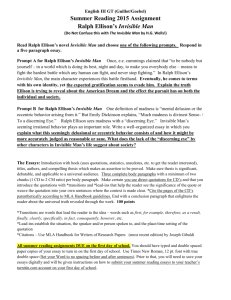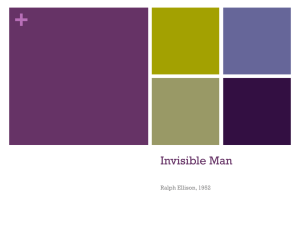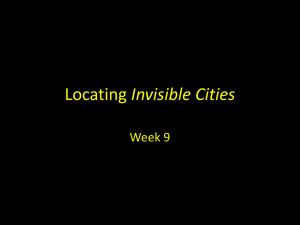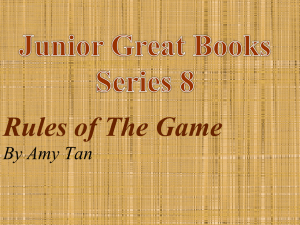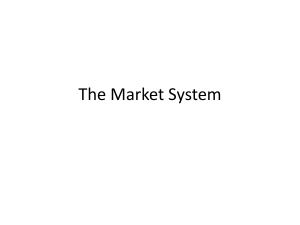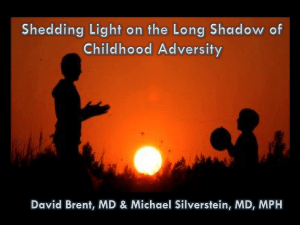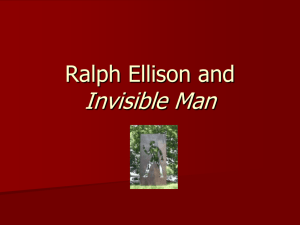HERE - Lake County Schools
advertisement
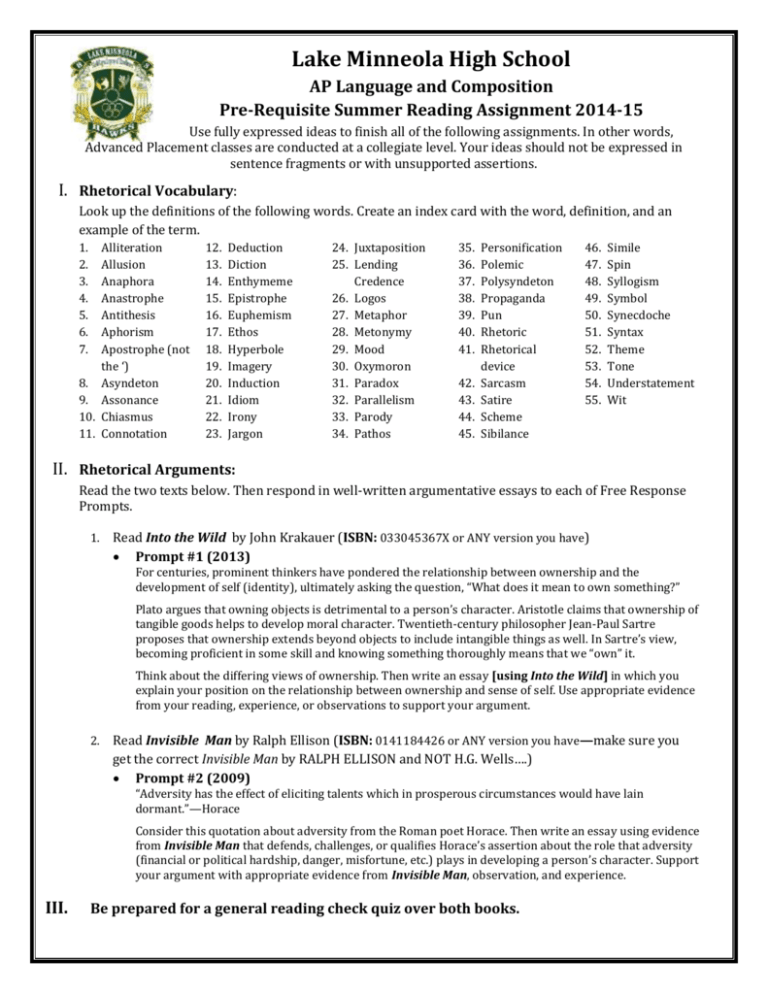
Lake Minneola High School AP Language and Composition Pre-Requisite Summer Reading Assignment 2014-15 Use fully expressed ideas to finish all of the following assignments. In other words, Advanced Placement classes are conducted at a collegiate level. Your ideas should not be expressed in sentence fragments or with unsupported assertions. I. Rhetorical Vocabulary: Look up the definitions of the following words. Create an index card with the word, definition, and an example of the term. 1. 2. 3. 4. 5. 6. 7. Alliteration Allusion Anaphora Anastrophe Antithesis Aphorism Apostrophe (not the ‘) 8. Asyndeton 9. Assonance 10. Chiasmus 11. Connotation 12. 13. 14. 15. 16. 17. 18. 19. 20. 21. 22. 23. Deduction Diction Enthymeme Epistrophe Euphemism Ethos Hyperbole Imagery Induction Idiom Irony Jargon 24. Juxtaposition 25. Lending Credence 26. Logos 27. Metaphor 28. Metonymy 29. Mood 30. Oxymoron 31. Paradox 32. Parallelism 33. Parody 34. Pathos 35. 36. 37. 38. 39. 40. 41. 42. 43. 44. 45. Personification Polemic Polysyndeton Propaganda Pun Rhetoric Rhetorical device Sarcasm Satire Scheme Sibilance 46. 47. 48. 49. 50. 51. 52. 53. 54. 55. Simile Spin Syllogism Symbol Synecdoche Syntax Theme Tone Understatement Wit II. Rhetorical Arguments: Read the two texts below. Then respond in well-written argumentative essays to each of Free Response Prompts. 1. Read Into the Wild by John Krakauer (ISBN: 033045367X or ANY version you have) Prompt #1 (2013) For centuries, prominent thinkers have pondered the relationship between ownership and the development of self (identity), ultimately asking the question, “What does it mean to own something?” Plato argues that owning objects is detrimental to a person’s character. Aristotle claims that ownership of tangible goods helps to develop moral character. Twentieth-century philosopher Jean-Paul Sartre proposes that ownership extends beyond objects to include intangible things as well. In Sartre’s view, becoming proficient in some skill and knowing something thoroughly means that we “own” it. Think about the differing views of ownership. Then write an essay [using Into the Wild] in which you explain your position on the relationship between ownership and sense of self. Use appropriate evidence from your reading, experience, or observations to support your argument. 2. Read Invisible Man by Ralph Ellison (ISBN: 0141184426 or ANY version you have—make sure you get the correct Invisible Man by RALPH ELLISON and NOT H.G. Wells….) Prompt #2 (2009) “Adversity has the effect of eliciting talents which in prosperous circumstances would have lain dormant.”—Horace Consider this quotation about adversity from the Roman poet Horace. Then write an essay using evidence from Invisible Man that defends, challenges, or qualifies Horace’s assertion about the role that adversity (financial or political hardship, danger, misfortune, etc.) plays in developing a person’s character. Support your argument with appropriate evidence from Invisible Man, observation, and experience. III. Be prepared for a general reading check quiz over both books.
